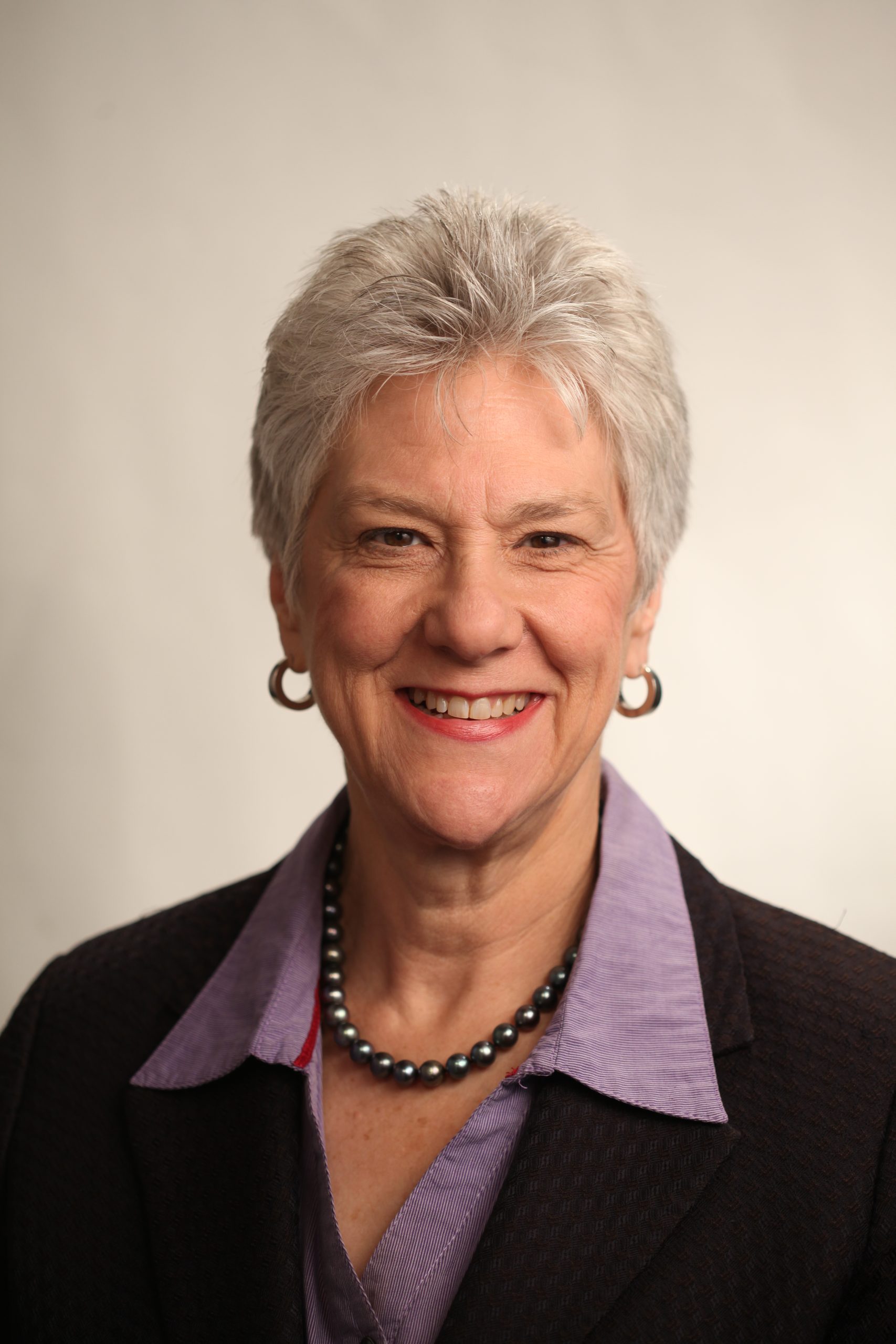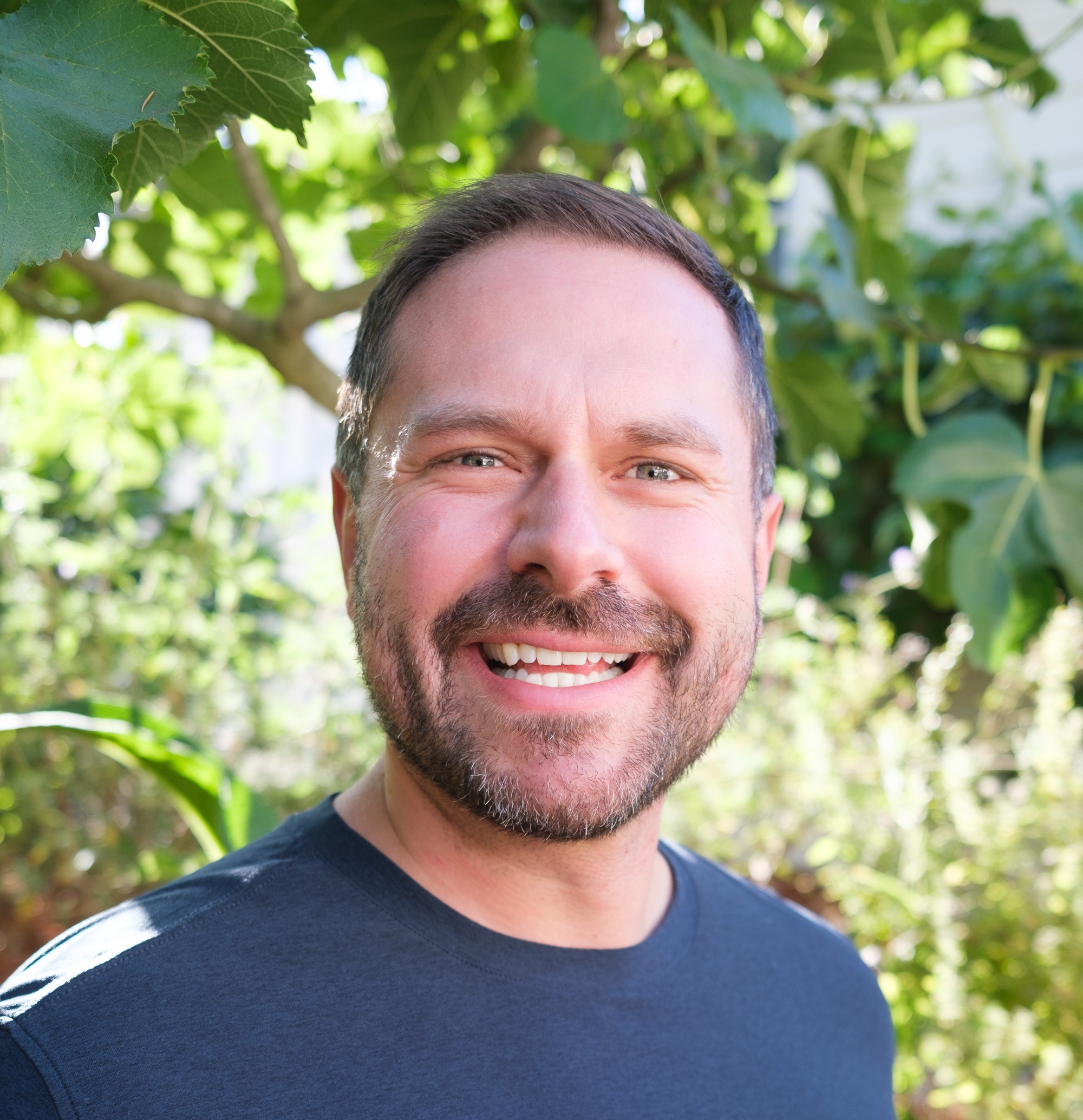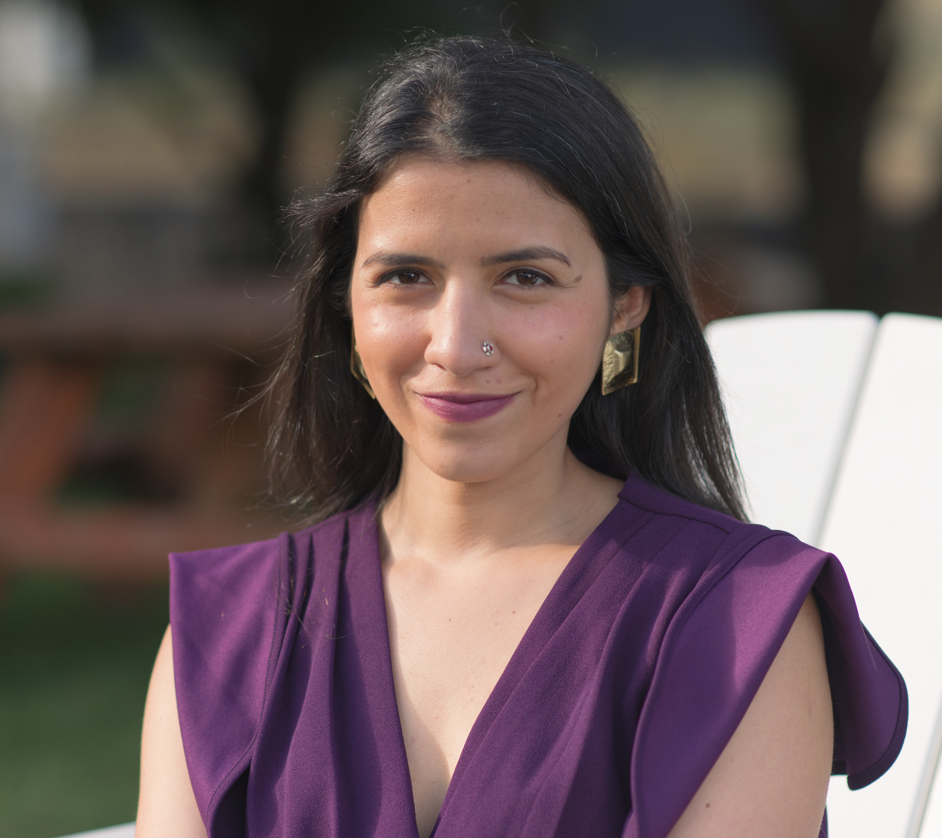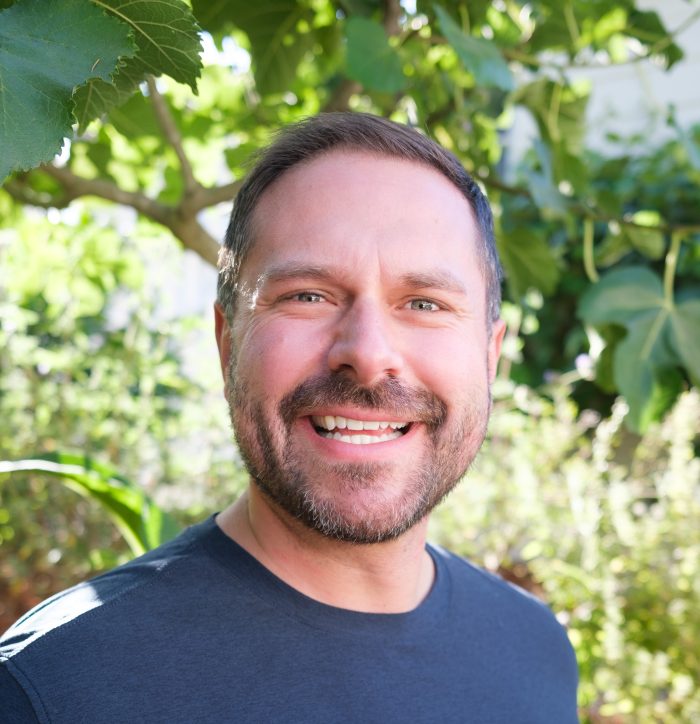Fellows

Inder Singh has dedicated his career to tackling complex global challenges as a founder, CEO, NGO executive, and pioneer in “market shaping.”
As founder and CEO of Kinsa (acquired in 2023; Fast Company Best Data Science Companies and Fast Company World Changing Ideas), Inder built a groundbreaking health technology company working to transform public health. Kinsa developed an early warning and predictive system for outbreaks, raised $55M from top VCs like Kleiner Perkins, and generated over $100M in revenue.
Previously, as Executive VP at the Clinton Health Access Initiative (CHAI), Inder led multidisciplinary teams of scientists, policymakers, and business leaders to reshape global health markets. He brokered agreements between pharmaceutical companies, governments, and multilateral organizations, reducing AIDS and malaria drug prices by 90% for developing countries and enabling expanded treatment for millions.
A member of the Council on Foreign Relations and recipient of the 2023 Harvard Kennedy Alumni Innovation Award, Inder is an expert in entrepreneurship, healthcare product development, regulatory navigation, and market creation. He advises and coaches C-level executives, startup founders, and serves as an advisor to organizations like ARPA-H. Inder holds degrees from MIT, Harvard, and the University of Michigan and is the inventor on 21 US and international patents.

Sonia Navani is an applied health systems scientist advancing novel approaches to global and precision health, with an emphasis on the use of AI to improve health outcomes among communities experiencing extreme poverty in both fragile and stable settings. Drawing on AI as both a methodological tool and a systems-level framework, her research investigates health disparities related to non-communicable diseases and intensifying health impacts of climate change on communities persistently at the margins of formal health systems in low resource settings.
At the core of Navani’s agenda is the conceptualization and development of a precision community health paradigm—an emerging subdomain of precision public health that she is helping to define. This paradigm leverages AI not only to analyze existing disparities but also to generate hyper-local data and predictive multi-systems frameworks that are responsive to both local realities and grounded in recent decades of interdisciplinary scientific evidence. Her research draws on epigenetics, neurocognitive science, and behavioral data to build more adaptive and empirically grounded representations of disease risk and resilience in structurally marginalized contexts.
Through a poverty-embedded disease framework, Navani integrates structural inequities directly into AI pipelines, enhancing their contextual sensitivity and real-time adaptivity. This enables the development of community health models that are both actionable in real-world settings and scientifically grounded in complex, longitudinal dynamics of disease trajectories shaped by poverty.
An integral part of this research agenda is Digital Health Disparities Initiative (DHDI), a not-for-profit civic tech and AI research collaborative founded by Navani. In partnership with frontline civil society organizations, DHDI cultivates ethical AI ecosystems in data-scarce environments by co-developing participatory data infrastructures and locally anchored governance frameworks. It facilitates readiness for AI deployment through the development of pre-AI and AI-compatible systems, aligning AI design with local accessibility needs and embedding adaptive governance strategies responsive to community contexts.
Navani has held programmatic, advisory, and research roles with the Columbia Mailman School of Public Health, International Rescue Committee (IRC), UNICEF, and UNFPA. Her early work with IRC was instrumental in institutionalizing empirically-based response systems for sexual violence in armed conflict—frameworks later adopted and built upon by UN agencies.
With operational and research experience in over 20 countries—including Afghanistan, Central African Republic, Chad, Democratic Republic of Congo, India, Lebanon, Myanmar, Nepal, Pakistan, South Sudan, Sudan, Tanzania, and Uganda—Navani continues to lead interdisciplinary teams advancing data-driven, equity-oriented interventions in complex environments. She holds a Doctorate of Public Health from UC Berkeley.

Louise Fox is an internationally recognized development economist who specializes in strategies for employment creation, opportunity expansion, economic empowerment, and poverty reduction. She has advised governments in the developed and developing world, international organizations, and philanthropic and non-profit organizations on problem diagnosis, strategies for results, and outcome measurement. She held full-time positions at USAID (as Chief Economist) and at the World Bank. She is currently affiliated with the African Growth Initiative at the Brookings Institution and the Blum Center for Developing Economies, University of California, Berkeley. She was previously affiliated with the Overseas Development Institute, where she led a major research project on Gender and Agricultural transformation. Louise has published in the areas of inclusive growth, structural transformation, youth employment, the political economy of poverty reduction, gender and women’s economic empowerment, employment, labor markets, and labor regulation, pension reform, reform of child welfare systems, social protection, effective public expenditures in the social sectors, and female-headed households and child welfare.

Danny Wilson is a leading global expert in the use of sensors and data science to enhance development outcomes. He envisions a future where Internet of Things (IoT) sensor-equipped aid, products, and infrastructure transform the development landscape. Such instrumentation opens the door to innovative financial models, including quantified results-based financing, pay-per-use, and pay-per-impact mechanisms. Frustrated with the prevalence of broken, under-utilized, and ineffective development projects, Danny advocates for a more data-driven approach. In his ideal future, instead of funding the construction of yet another soon-to-be-broken water well, backers would pay per liter of pumped clean water that has been verified through sensor technology. Danny was the first graduate of UC Berkeley’s Development Engineering Ph.D. program, and he has authored many papers, several book chapters, and a pair of patents on the subject. Since earning his doctorate, Danny has founded three companies, and has aimed to tackle the world’s most pressing environmental health and energy challenges. Currently, Danny wears multiple hats. He serves as the CEO of Geocene, a consultancy specializing in connected-sensor technology and software solutions. He’s also a faculty member in the Development Engineering department at UC Berkeley, where he instructs a course on harnessing sensors and data science for more effective development initiatives.

Medha Bankhwal is an Associate Partner and co-leader of AI Trust at McKinsey & Company in San Francisco, Bay Area. Medha advises clients on AI strategy, operationalization of AI Trust and governance as well as evaluating societal impact of AI solutions. She has also co-authored publications on ML ecosystem opportunities, XAI, and AI’s impact on UN Sustainable Development Goals SDGs). For this, she co-led collaboration with Google.org, along with large foundations such as the Patrick McGovern Foundation, Rockefeller Foundation, and the United Nations. Outcomes were presented at UN General Assembly and World Economic Forum in Davos in Jan 2024. Prior to McKinsey, she was at Google and subsequently co-founded a digital learning not-for-profit startup funded by Google.org and others that reached 3 million teachers in low resource schools in India to date (sold to India’s largest Telco).

Louise Fox is an internationally recognized development economist who specializes in strategies for employment creation, opportunity expansion, economic empowerment, and poverty reduction. She has advised governments in the developed and developing world, international organizations, and philanthropic and non-profit organizations on problem diagnosis, strategies for results, and outcome measurement. She held full-time positions at USAID (as Chief Economist) and at the World Bank. She is currently affiliated with the African Growth Initiative at the Brookings Institution and the Blum Center for Developing Economies, University of California, Berkeley. She was previously affiliated with the Overseas Development Institute, where she led a major research project on Gender and Agricultural transformation. Louise has published in the areas of inclusive growth, structural transformation, youth employment, the political economy of poverty reduction, gender and women’s economic empowerment, employment, labor markets, and labor regulation, pension reform, reform of child welfare systems, social protection, effective public expenditures in the social sectors, and female-headed households and child welfare.

Sonia Navani is an applied health systems scientist advancing novel approaches to global and precision health, with an emphasis on the use of AI to improve health outcomes among communities experiencing extreme poverty in both fragile and stable settings. Drawing on AI as both a methodological tool and a systems-level framework, her research investigates health disparities related to non-communicable diseases and intensifying health impacts of climate change on communities persistently at the margins of formal health systems in low resource settings.
At the core of Navani’s agenda is the conceptualization and development of a precision community health paradigm—an emerging subdomain of precision public health that she is helping to define. This paradigm leverages AI not only to analyze existing disparities but also to generate hyper-local data and predictive multi-systems frameworks that are responsive to both local realities and grounded in recent decades of interdisciplinary scientific evidence. Her research draws on epigenetics, neurocognitive science, and behavioral data to build more adaptive and empirically grounded representations of disease risk and resilience in structurally marginalized contexts.
Through a poverty-embedded disease framework, Navani integrates structural inequities directly into AI pipelines, enhancing their contextual sensitivity and real-time adaptivity. This enables the development of community health models that are both actionable in real-world settings and scientifically grounded in complex, longitudinal dynamics of disease trajectories shaped by poverty.
An integral part of this research agenda is Digital Health Disparities Initiative (DHDI), a not-for-profit civic tech and AI research collaborative founded by Navani. In partnership with frontline civil society organizations, DHDI cultivates ethical AI ecosystems in data-scarce environments by co-developing participatory data infrastructures and locally anchored governance frameworks. It facilitates readiness for AI deployment through the development of pre-AI and AI-compatible systems, aligning AI design with local accessibility needs and embedding adaptive governance strategies responsive to community contexts.
Navani has held programmatic, advisory, and research roles with the Columbia Mailman School of Public Health, International Rescue Committee (IRC), UNICEF, and UNFPA. Her early work with IRC was instrumental in institutionalizing empirically-based response systems for sexual violence in armed conflict—frameworks later adopted and built upon by UN agencies.
With operational and research experience in over 20 countries—including Afghanistan, Central African Republic, Chad, Democratic Republic of Congo, India, Lebanon, Myanmar, Nepal, Pakistan, South Sudan, Sudan, Tanzania, and Uganda—Navani continues to lead interdisciplinary teams advancing data-driven, equity-oriented interventions in complex environments. She holds a Doctorate of Public Health from UC Berkeley.

Danny Wilson is a leading global expert in the use of sensors and data science to enhance development outcomes. He envisions a future where Internet of Things (IoT) sensor-equipped aid, products, and infrastructure transform the development landscape. Such instrumentation opens the door to innovative financial models, including quantified results-based financing, pay-per-use, and pay-per-impact mechanisms. Frustrated with the prevalence of broken, under-utilized, and ineffective development projects, Danny advocates for a more data-driven approach. In his ideal future, instead of funding the construction of yet another soon-to-be-broken water well, backers would pay per liter of pumped clean water that has been verified through sensor technology. Danny was the first graduate of UC Berkeley’s Development Engineering Ph.D. program, and he has authored many papers, several book chapters, and a pair of patents on the subject. Since earning his doctorate, Danny has founded three companies, and has aimed to tackle the world’s most pressing environmental health and energy challenges. Currently, Danny wears multiple hats. He serves as the CEO of Geocene, a consultancy specializing in connected-sensor technology and software solutions. He’s also a faculty member in the Development Engineering department at UC Berkeley, where he instructs a course on harnessing sensors and data science for more effective development initiatives.
